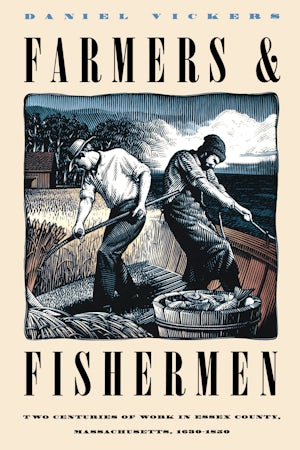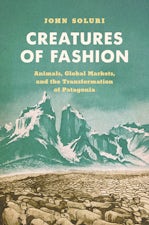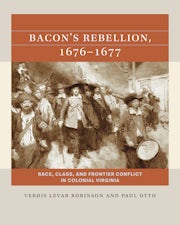Farmers and Fishermen
Two Centuries of Work in Essex County, Massachusetts, 1630-1850
By Daniel Vickers

372 pp., 6.125 x 9.25, 9 illus
-
Paperback ISBN: 978-0-8078-4458-8
Published: November 1994
Published by the Omohundro Institute of Early American History and Culture and the University of North Carolina Press
Buy this Book
Published by the Omohundro Institute of Early American History and Culture and the University of North Carolina Press
Awards & distinctions
1995 John H. Dunning Prize, American Historical Association
1994-95 Louis Gottschalk Prize, American Society for Eighteenth-Century Studies
Honorable Mention, 1994 Wallace K. Ferguson Prize, Canadian Historical Association
About the Author
Daniel Vickers is currently Chair of the Maritime Studies Research Unit at Memorial University of Newfoundland.
For more information about Daniel Vickers, visit
the
Author
Page.
Reviews
"Making effective use of narrative and statistical evidence, Vickers skillfully traces the evolution of farming and fishing in Essex County, Massachusetts, from 1630 to 1850. . . . A first-rate work."--Choice
"An incisive study of changing dynamics in the social relations of colonial New Englanders."--New England Quarterly
"A splendid book. . . . A superior work of historical scholarship."--William and Mary Quarterly
"One of the best works yet written on early American economy and society. Its intelligence and sophistication is matched by its clarity and accessibility. . . . It deserves to be read by all historians of early America, and it sets a very high standard for future studies of this kind to match."--Reviews in American History
"Vickers's depiction of the working life of farmers and fishermen makes this book an especially valuable contribution to labor history, providing an excellent analysis of the experience of common people in an era of capitalist transformation."--Journal of Interdisciplinary History
"Provides insight into the working relationships of individuals, as well as to the broader pattern of transformation of labor into capitalism. This well-written book is an important contribution to the new labor history of America."--Journal of the Early Republic



